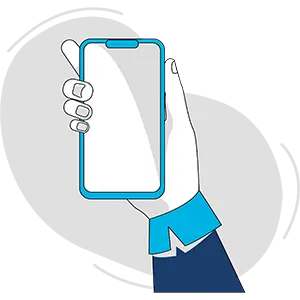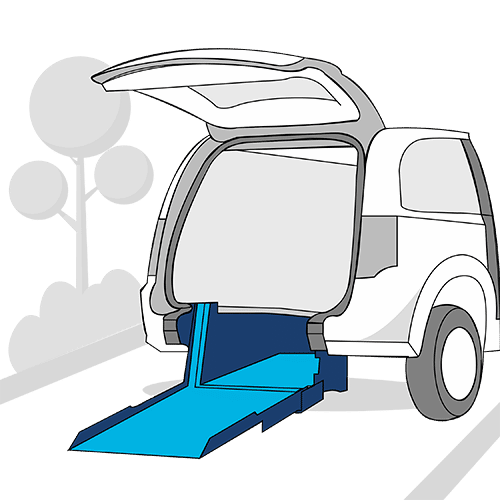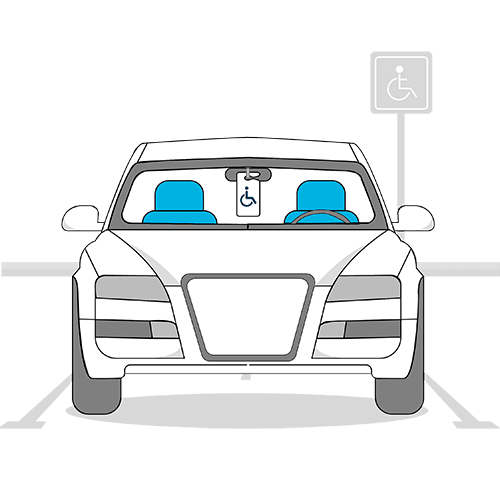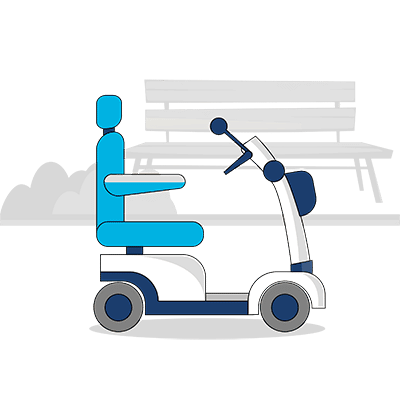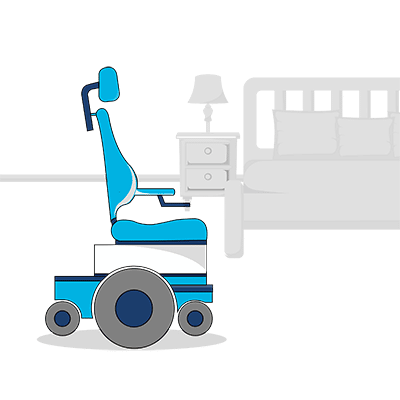Living your best life with a disability largely depends on having the right solutions. This means each solution properly supports your diagnosis, lifestyle, and living environment. Getting to this point can be a complex journey and needs expert input. This is why finding the right occupational therapist the first time can make all the difference.
If, for example, you suffer a stroke or car accident and need a custom wheelchair, you’ll need to find a great occupational therapist to lead the way. If it’s your first time working with this type of clinician knowing what to look for and how to find them can be daunting.
So how does a person go about finding their perfect occupational therapist? One who’s the best fit for their individual needs? Find out in this article.
How to find the right occupational therapist
There are not one but several avenues that might lead you to a suitable occupational therapist. It will often come down to where you are when you receive a diagnosis.
Here are four examples (but of course there may be others too):
1. GP referral

Often it depends on the moment you first identify your need. Let’s say your GP diagnoses you with a degenerative condition. Since you first identify your need with them, they’re the most likely person to refer you to an OT.
A GP may have their own database of trusted occupational therapists. Or they may have an industry connection who does. Another possibility is for them to link you to a community organisation that’s specific to your diagnosis.
Another possibility is that your GP refers you to a hospital setting with its own occupational therapists. If you’ve had a spinal cord injury, stroke or any number of conditions that affect mobility you’ll probably start off with rehab.
A great example of this is Royal Rehab offering Robotic EksoNR Therapy to help people learn to walk again.
2. Therapist

Your OT referral may not be from your GP. It could also be from another therapist. Because by the time you get to the assistive tech component of your needs, you’ll likely already have had some form of therapy. For example, a physio or another occupation therapist or any other allied health professional.
Often these are the people who have a good database of allied health professionals. This puts them in a prime position to refer you to an OT with the right expertise for your needs.
3. NDIS

Another possibility is that you get your referral via the NDIS. If you’re linked to the NDIS your support coordinators will have their own database of therapists. You can usually expect this to be a fairly strong database.
Your NDIS support coordinator, if you have one, should be well positioned to refer you to an occupational therapist that’s a good fit for you. This is another potential leg of your journey, so read about how to find a good NDIS support coordinator.
4. Disability specific associations
A key place to find a good OT referral is an association linked to your diagnosis. Not only are they experts in providing a gamut of services in relation to your disability but they’ll also be networked to the appropriate OTs. If you have cerebral palsy, for example, then a good starting point is the cereal palsy alliance.
Questions to ask a prospective occupational therapist
When you’re choosing an occupational therapist, you’ll need to tell them specific details about yourself. This helps you and them decide whether your needs and their expertise are a good fit.
To make sure you cover what’s important, it’s clever to prepare a few points and have a set of questions ready to ask them.
Tell them about yourself
Some key elements you’ll want to communicate are:
- This is my diagnoses
- These are my specific needs
- This is what I’d like to achieve with mobility equipment
- These are my overall goals
Then you can use these points to move on to important questions. Below are some preliminary questions you may want to ask to ensure the right match, and of course you can add your own.
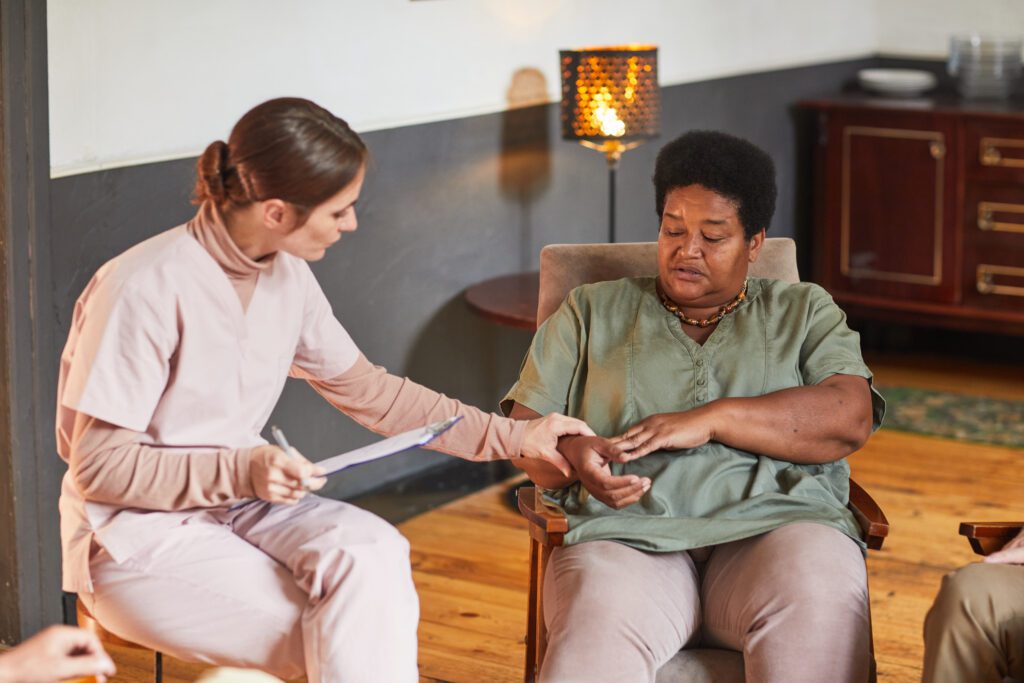
Questions for them
- Experience. What experience or exposure do you have to support me? If they’ve significant experience with people who are in a similar position to you then they’re more likely to provide you with appropriate support. The same goes if they undertake ongoing training and/or are active members of their industry.
- Duration. How long is the occupational therapy functional assessment going to take? This assessment needs to be thorough. Anything less than two hours is too little. An ideal is at least three to five hours. If an OT plans to take one or two hours then it may be they’re just trying to be prescriptive in their approach. It means they’re not really spending the time to get to know and understand your needs. And the greater the complexity, the more time is needed for the assessment. The initial assessment will be the foundation of decisions and solutions. So an OT should allow adequate time for it.
- Place. Where will the assessments take place? If the occupational therapist encourages you to come to their facility it could be a red flag. In most circumstances, the OT needs to go into the client’s environment to fully understand their needs. This helps ensure the end solution will provide the correct support.
Once you choose an occupational therapist you’ll enter into the assessment phase where they help guide you through the best solutions to meet your needs and goals. This could be scripting a wheelchair, for example, or choosing disability converted car driving controls.
Find out what to expect in your driver trained occupational therapist assessment.
Protecting your mobility equipment
Once you’ve experienced working with an occupational therapist and getting the right mobility equipment or assistive tech, you won’t want to be without it. That’s why Blue Badge Insurance offers reliable, quality and affordable wheelchair insurance, mobility scooter insurance and disability car insurance.
These plans will help to pay the bills when your car, wheelchair or scooter break or get damaged or stolen. This means you’ll get them repaired (or replaced) as fast as possible.
We’ve also now added assistance dogs insurance and companion animal pet insurance to our product suite. If your pet helps you be more independent and they need medical care your plan will help pay the costs. Click below to contact us today to find out about our discounts so you can start your plan sooner than later.

